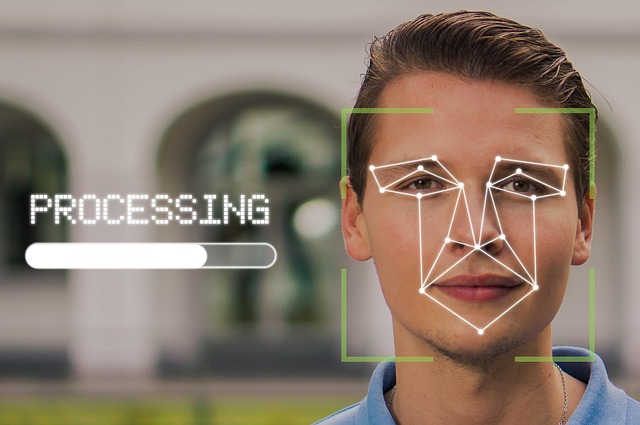
The Role of the Data Controller in IT and Informational Technology: A Database Perspective
The landscape of data management is continually evolving, making the role of the data controller increasingly significant in the realms of IT and informational technology. As organizations generate vast amounts of data daily, the need for structured data management frameworks has never been more pressing. Understanding the responsibilities and implications surrounding the role of a data controller is crucial, especially from a database perspective.
In the context of databases, a data controller is an entity or individual who determines the purposes and means of processing personal data. This role transcends mere data handling—it embodies a deep commitment to upholding the principles of data protection and privacy rights. With the advent of regulations like GDPR, the role has gained legal weight, demanding that data controllers not only manage but also safeguard the data they oversee.
IT infrastructures rely heavily on databases to store and retrieve information efficiently. As a data controller, you become the custodian of this vital resource. This includes ensuring that data is collected lawfully, maintained accurately, and processed securely. The complexities of regulatory compliance put pressure on data controllers, pushing them to implement robust database solutions that can withstand audits and scrutiny.
Informational technology encompasses a plethora of tools and systems that facilitate data processing and management. Data controllers must navigate this technological landscape, understanding the implications of choosing specific database architectures—be it relational databases, NoSQL systems, or cloud-based solutions. Each option presents unique challenges and opportunities, and the data controller’s decisions can have lasting effects on data integrity and accessibility.
Furthermore, the rise of big data and analytics places data controllers at the forefront of innovation. With more advanced database technologies available, they have the tools to derive valuable insights from data while ensuring ethical use. This dual responsibility requires a fine balance between leveraging analytical capabilities and safeguarding users’ privacy. The challenge lies in harnessing the power of data without compromising on ethical standards.
Effective data governance is the hallmark of a successful data controller. By establishing clear policies and procedures, they create a framework that fosters data integrity and accountability. This not only helps in compliance with relevant legislation but also builds trust with stakeholders and clients, showcasing the organization’s commitment to responsible data stewardship.
Moreover, collaboration between IT departments and data controllers is essential. A seamless partnership can yield innovative solutions that enhance data protection while promoting operational efficiency. Data controllers should be well-versed in the technical aspects of databases to engage meaningfully with IT professionals, bridging the gap between governance and technology.
In summary, the role of a data controller is integral to the landscape of IT and informational technology. They are not just passive overseers but proactive leaders who drive data compliance, security, and innovation within organizations. As data continues to be hailed as the new oil, the importance of those who manage it will only grow. Embracing this role means acknowledging the weight of responsibility it entails and striving to be a beacon of ethical data management.



